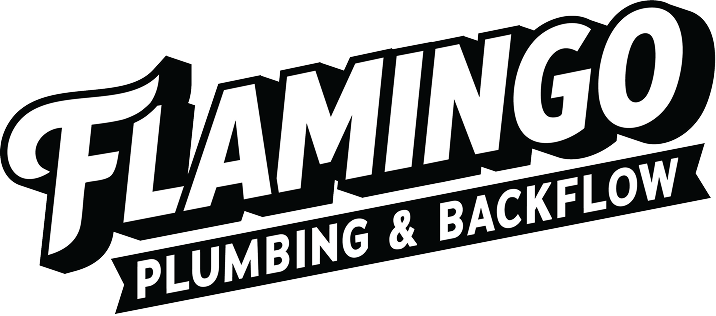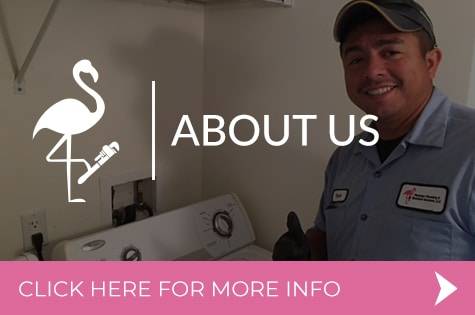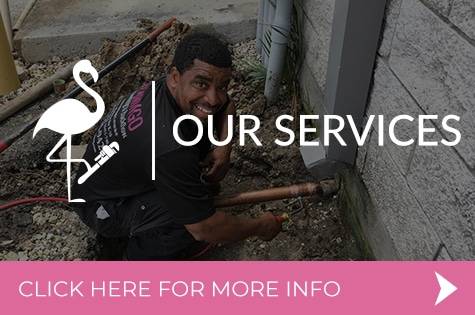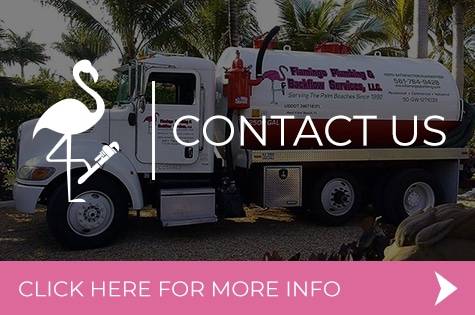Grease traps are essential in both homes and restaurants, capturing fats, oils, and grease (FOG) to prevent plumbing issues. Neglecting their maintenance can lead to unpleasant odors, slow drainage, and even legal consequences for commercial establishments. Regular cleaning is crucial to ensure optimal performance and compliance.
25% or 1/4th Cleanup Rule
A practical guideline is to clean your grease trap when it’s a quarter full. For households, this typically means scheduling a cleanup every 1-3 months. However, restaurants may experience faster accumulation due to higher grease output. Regular inspections are essential to monitor FOG levels and determine the appropriate cleaning frequency. If your grease trap fills up rapidly, consider consulting a plumbing service to assess whether an upgrade is necessary.
Signs That You Need to Clean the Grease Trap
- Slow-Moving Drainage: If your sink drains sluggishly, it could indicate a clogged grease trap. Accumulated FOG can solidify, obstructing water flow. Drain cleaning can help restore proper function.
- Foul Smell Around the Kitchen: Persistent, unexplained odors in the kitchen often point to an overfilled grease trap. These smells linger despite regular garbage disposal maintenance.
- FOG Exceeding 25% of Trap Capacity: Exceeding this threshold may violate local regulations, especially for restaurants, leading to potential fines. Keeping up with backflow preventer inspections helps ensure compliance and proper system functionality.
- Extended Time Since Last Cleaning: If it’s been over 90 days since the last maintenance, it’s time to schedule a cleaning. Routine leak detection can also help identify issues before they escalate.
Additional Considerations
Neglecting grease trap maintenance can lead to severe consequences, including health hazards and environmental issues. Regular cleaning not only ensures compliance with health regulations but also extends the lifespan of your plumbing system. Businesses should also stay updated on backflow prevention compliance to avoid costly fines.
For comprehensive plumbing solutions, including hydro-jetting and tankless water heater maintenance, professional assistance is recommended. Regular maintenance of your grease trap and related systems is essential to prevent costly repairs and ensure a safe, hygienic environment.
Incorporating these practices into your routine maintenance schedule will help keep your plumbing system functioning efficiently and in compliance with local regulations.





